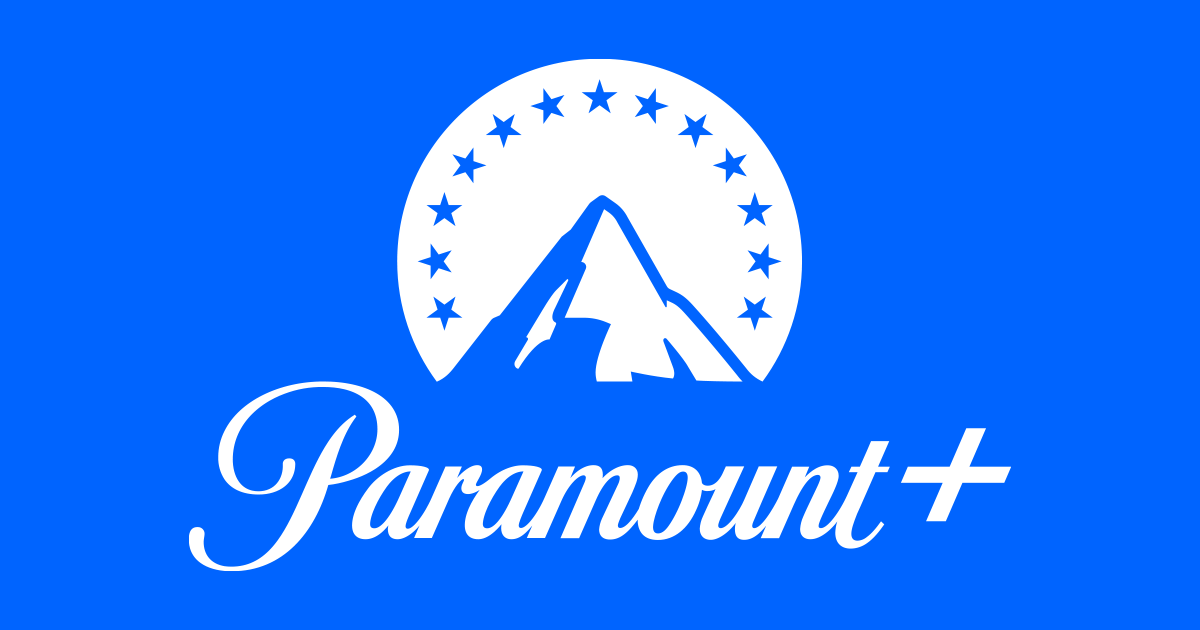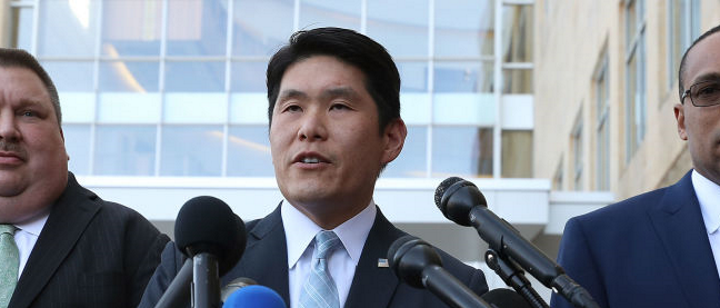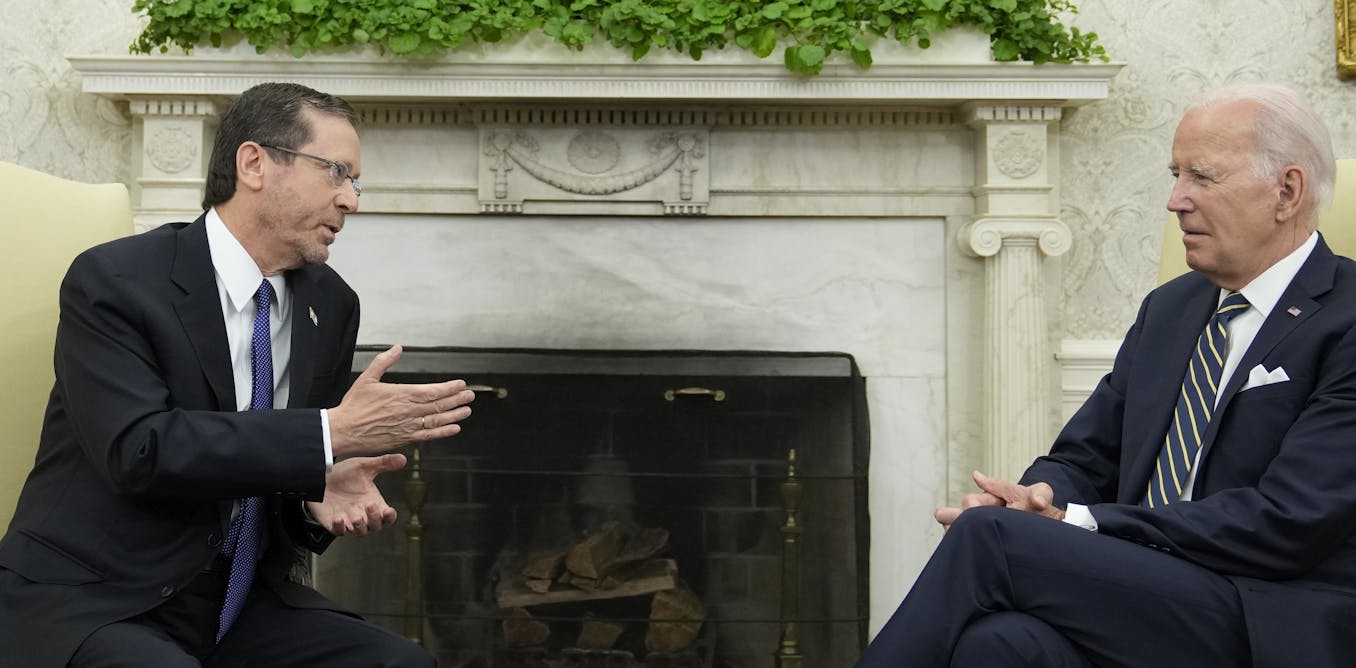The Defending Joe Biden Mega-Thread
- Thread starter Gergar12
- Start date
Man, the ONE thing Biden actually had over Trump (shitty tweets) and he managed to fuck even that up at the finish line...
too clever by halfthis analyst who I always watch(Peter Zeihan) states Trump will lose for wanting to do away with general elections where independents are the only ones with real sway, and that's their only source of power. Interesting theory.
wonder what exactly they intended by that tweet...
Presumably it was The Chiefs winning The Superbowl given the time of the tweet was right after they wonwonder what exactly they intended by that tweet...
He is, just not in the way you think and not against the people you think. You're just unlikely to see it unless you're a pro wrestling fan, which most Americans nowadays -- let alone anywhere else in the world -- aren't. Trump's real business is media and self-promotion, he's a self-avowed pro wrestling fan who's demonstrated extensive knowledge of the entertainment form, at this point he could be said to be lifelong friends with Vince McMahon...and looping back to his real business, he knows American media and that includes its shortcomings.I'm actually not sure if Trump really can be called much of a manipulator...
American elections, thanks to lobbying, third-party campaign advertisement, and the way media portrays them, are about as real as pro wrestling. American politics at large is kayfabe anyways, and Americans don't trust their own media. Things with which Trump was intimately familiar, and had been for a long time.
Trump just figured out how to weaponize American media's shortcomings (and Americans' rightful distrust of their own media) against itself, and overcome financial and third-party spending deficits by way of massive earned media, by deliberately playing anti-heel. American media pridefully fell right for it, inadvertently attempting to portray the least charismatic Presidential candidate since Adlai Stevenson as a face...which only served to highlight her shortcomings as a candidate, not cover for them or effectively make the argument to overlook them.
Matt Taibbi put it best in Hate Inc., American talking heads were busy reading Mein Kampf for clues on Trump's meteoric rise in political polls, when they should have been reading Controversy Creates Cash by Eric Bischoff.
Well, and also by being a billionaire with the apparatus of a billion-dollar party and the wealthiest PACs in the country behind him. He wasn't suffering any realistic financial deficit and experienced none of the main drawbacks of third party candidates. He's the epitome of an insider who convinced the credulous that he was an outsider.and overcome financial and third-party spending deficits by way of massive earned media [...]
But overall I definitely see the central point: that the media played into a Heel-Face play-act that benefitted him massively, like the foolish bellends they are.
You're letting "orange man bad" get in the way of facts. In 2016, Hillary's money total was $770m, and Trump's was $433. That's a 1.8:1 funding advantage in Hillary's favor. In 2020, Biden's was $1.6b, and Trump's was $1.08b. That's a 1.5:1 funding advantage in Biden's favor.Well, and also by being a billionaire with the apparatus of a billion-dollar party and the wealthiest PACs in the country behind him. He wasn't suffering any realistic financial deficit and experienced none of the main drawbacks of third party candidates. He's the epitome of an insider who convinced the credulous that he was an outsider.
But overall I definitely see the central point: that the media played into a Heel-Face play-act that benefitted him massively, like the foolish bellends they are.
To compare these numbers, in 2012, Obama had a 1.3:1 funding advantage; in 2008, Obama had a 2.1:1 funding advantage; in 2004, Bush had a 1.1:1 advantage over Kerry. Metrics before that aren't exactly available, nor reliable when available, due to lack of electronic records-keeping, accurate means to track and estimate third-party expenditure via the internet, and/or sunlight due to public awareness of campaign finance as a political issue. 2008 was a bit of an outlier for a variety of reasons, so indeed Trump's two campaigns faced major financial deficits against his opposition -- both times.
To make it clear, those totals account for hard and soft money, first- and third-party expenditures alike.
The "why" and "how" of it is simple. In 2016, the Hillary campaign staged a silent coup of the DNC, weaponized it as their personal fundraising apparatus and money laundry, and left the national and state Democratic parties in the financial lurch. And in 2020, when wealthy neoconservatives backed conservative Democrats (including Joe Biden) in a bid to block progressive candidates threatening to push the US Overton window left, while trying to regain control over the Republican party from tea party and Trump-supporting paleoconservatives.
Say what you will of Trump himself, the money game was bigger than him, and representative of internal party conflict to which he was only periphery. He just happened to show up at the right time to force those internal conflicts -- in both cases, party elites versus populists -- to a head.
Meanwhile, in the field of earned media, in 2016 Trump received $5.9b worth to Hillary's $2.8b. I'd link the mediaQuant report directly, but unfortunately despite a huge number of citations (of which that Open Secrets article is but one) it vanished from the internet entirely just in time for the 2020 election -- something to my great consternation, as I've searched for it repeatedly over the years and have been unable to find it since. Something on which I've remarked before, on old and new Escapist forums.
Except here's the thing. Earned media is not estimated by how much a candidate received in that cycle; it's estimated by how much outlets themselves receive for covering that candidate. Outlets covered Trump, ratings/clicks went up, those outlets charged more for ad buys and sold more of them. In other words, Trump was the media's most profitable Presidential candidate to cover in American history.
Now, what you need to ask yourself is, did major media investors and executives -- not the low-level people, the talking heads, producers or editors -- really get fooled by it, or did they knowingly play along, laughing all the way to the bank?
You're right, those are some real "third party candidate" numbers right there. He'd have had almost no coverage without the wrestling gambit, with a paltry billion dollars.

Watch The Daily Show Season 29 Episode 1: The Daily Show - February 12, 2024 – Full show on Paramount Plus
Host Jon Stewart returns to his place behind the desk for an unvarnished look at the 2024 election, with expert analysis from the Daily Show news team.
-Biden is handing his domestic policy(DP) to Powell and is handling foreign policy(FP), but he reminds me of "my dad", and that's bad?
Editor in Chief of the Economist, everyone.
Note: To simplify it I stated Powell has control of domestic policy, but he has a group of advisors around him for both FP and DP.
Since this thread is about Joe Biden, I thought this would be the best place to put this. Remember that whole "Hunter Biden has ties to Ukraine" thing?
I don't think that will give the House investigative committee even a moment's pause, especially in election year. I mean, they know there's nothing there to pursue already. It's all just about how they play it in order to maximise the PR in election year.
Are you suggesting Hunter Biden doesn't have ties to Ukraine?Since this thread is about Joe Biden, I thought this would be the best place to put this. Remember that whole "Hunter Biden has ties to Ukraine" thing?
I mean he is a WWE Hall of Famer. Do Americans ever stop to question how they ended up with so many WWE HOF'ers in government?You're right, those are some real "third party candidate" numbers right there. He'd have had almost no coverage without the wrestling gambit, with a paltry billion dollars.
Trump
Ventura
Kane
Arnie
I know that's only 4 but it's too many!

Republicans Distort Facts on Special Counsel Decision Not to Charge Biden - FactCheck.org
At their weekly news conference, several Republican House leaders wrongly claimed the special counsel report into Joe Biden's handling of classified documents found the president was mentally unfit to stand trial. The report said no such thing.
An interesting segment of that -
The report did refer numerous times to what it characterized as Biden’s “limited” and “poor” memory. Those observations were included, Hur wrote, because they factored into his decision about whether he could convince a jury that Biden had acted “willfully” to break the law. And the special counsel wrote that Biden’s age and memory might make him a more sympathetic witness, causing a jury to give him the benefit of the doubt.
“We have also considered that, at trial, Mr. Biden would likely present himself to a jury, as he did during our interview of him, as a sympathetic, well-meaning, elderly man with a poor memory,” the report said. “Based on our direct interactions with and observations of him, he is someone for whom many jurors will want to identify reasonable doubt. It would be difficult to convince a jury that they should convict him – by then a former president well into his eighties – of a serious felony that requires a mental state of willfulness.”
So all that is to they basically dismissed it because of his compromised mental state and sympathy points, yet he’s still considered mentally fit enough to run for reelection. Gotta love this country’s logic.
If that was any right wing contender let alone the already maga-tainted Trump it would be all over the media saying how much they’re deteriorating and how unfit they are to run for any election. This is a big issue in American politics. The powers that be really don’t want “leaders” anymore; they want puppet figures that are easily manipulated and controlled by donors and lobbyists to keep the deck stacked in their favor, which is exactly how they stay in power at the expense of everyone else. How’s that middle class been doing lately lol.
Left vs right is a ruse. Just two sides of the same fucked coin that changes focus every once in a while when enough people get sick of the other’s unique brand of bs. Round and round we go down the toilet.
Dangerous words to say around this group. Funny how people here will make fun of the FOX news defense that no reasonable person would believe what Tucker Carlson says to be facts. Yet the left uses essentially the same defense and no one here will be LMAOing over that because their team is obviously better than the other team and if we acknowledge we're not, then our worldview is wrong kinda like Neo trying to process his world was a computer simulation in the Matrix.
Republicans Distort Facts on Special Counsel Decision Not to Charge Biden - FactCheck.org
At their weekly news conference, several Republican House leaders wrongly claimed the special counsel report into Joe Biden's handling of classified documents found the president was mentally unfit to stand trial. The report said no such thing.www.factcheck.org
An interesting segment of that -
The report did refer numerous times to what it characterized as Biden’s “limited” and “poor” memory. Those observations were included, Hur wrote, because they factored into his decision about whether he could convince a jury that Biden had acted “willfully” to break the law. And the special counsel wrote that Biden’s age and memory might make him a more sympathetic witness, causing a jury to give him the benefit of the doubt.
“We have also considered that, at trial, Mr. Biden would likely present himself to a jury, as he did during our interview of him, as a sympathetic, well-meaning, elderly man with a poor memory,” the report said. “Based on our direct interactions with and observations of him, he is someone for whom many jurors will want to identify reasonable doubt. It would be difficult to convince a jury that they should convict him – by then a former president well into his eighties – of a serious felony that requires a mental state of willfulness.”
So all that is to they basically dismissed it because of his compromised mental state and sympathy points, yet he’s still considered mentally fit enough to run for reelection. Gotta love this country’s logic.
If that was any right wing contender let alone the already maga-tainted Trump it would be all over the media saying how much they’re deteriorating and how unfit they are to run for any election. This is a big issue in American politics. The powers that be really don’t want “leaders” anymore; they want puppet figures that are easily manipulated and controlled by donors and lobbyists to keep the deck stacked in their favor, which is exactly how they stay in power at the expense of everyone else. How’s that middle class been doing lately lol.
Left vs right is a ruse. Just two sides of the same fucked coin that changes focus every once in a while when enough people get sick of the other’s unique brand of bs. Round and round we go down the toilet.
This is potentially overstated.So all that is to they basically dismissed it because of his compromised mental state and sympathy points, yet he’s still considered mentally fit enough to run for reelection. Gotta love this country’s logic.
One time chess championship runner-up, Viktor Korchnoi, was still playing top level competitive chess in his 80s, and could kick the arses of you, me, or 99.9999% of the population. He was still in the world top 100 when he was 75. He even played some damn good games in his last couple of years after a stroke. I'm sure he also occasionally forgot names, words, or lost track of his sentences.
You can ask the question does getting the odd name wrong in a speech or losing your track mid-sentence really mean that much? After all, everyone does that, plenty of the time. It doesn't mean that's all they are. Someone around 80 is undoubtedly well below the prime of their life, but, as above, they can still be very formidable at what they do. What you are seeing in these stumbles is a very small part of what makes up their cognitive capabilities, and it absolutely is not safe to assume that this is the norm across all their efforts, and that they are not capable of regularly exercising high quality judgement.
For all that, I think Trump and Biden are too old. It's not so much the gaffes, but that they are old men representing old ideas and old ways of doing things, less suitable for a world that needs to move on into the future.
That left and right (or rather, right and farther right) in the US are both bad doesn't make them equally bad, though Biden seems to want them to be.Left vs right is a ruse. Just two sides of the same fucked coin that changes focus every once in a while when enough people get sick of the other’s unique brand of bs. Round and round we go down the toilet.
Interesting article:

 theconversation.com
theconversation.com

Biden says the U.S. would have to invent an Israel if it didn’t exist. Why?
Despite claims of defending democracy and shared values, the U.S.-Israel relationship is one of self-interest where the Palestinians pay the price.
 theconversation.com
theconversation.com

